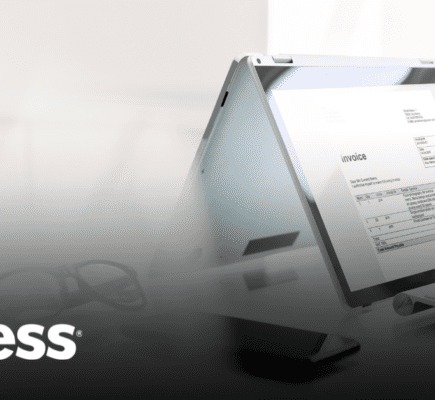As legal firms look to reduce overhead costs, the first cuts usually end up being real estate and personnel. With less office space for paper records and fewer employees on hand to manage day-to-day workflows, this can quickly turn document storage into a logistical nightmare.
This is where the right legal document software can be a lifesaver.
Adopting customizable software not only brings order and ease back into daily operations, but better protects your clients’ confidentiality and ensures compliance with government regulations.
With many providers and packages to choose from, it’s hard to know where to begin.
Read on for seven must-have features to look for in your legal document management software.
1. Secure and Compliant Digitization and Storage
The best legal software makes security and confidentiality a top priority. Your provider should be able to help you transition to an all-digital system that offers the highest level of protection and makes files easier to manage.
Digitizing and storing records with legal document software requires less physical space, freeing up real estate and reducing overhead costs, while also providing better organization. This allows for more targeted searching, purging of duplicate files, and clear linking of associated documents. Digitizing your files can also ease your firm’s adaptation to e-filing, if that’s available in your jurisdiction.
2. Secure and Compliant Document Destruction
As important as secure document storage is, it’s just as important to maintain compliant document destruction. Your partner in information management should offer a shred or digital disposal program that allows you to set a regular destruction schedule.
Scheduled or consistent document destruction reduces confusion, clutter, and helps keep your records management organized. It’s vital that your provider is NAID AAA certified, meaning they will maintain compliance in the destruction of digital and paper documents.
3. Efficient and Reliable Legal Records Retrieval
Whether you’re working with digital records, paper records, or both, your legal document software should facilitate easy access to what you need, when you need it.
Retrieval of records should be user-friendly and easily searchable. Look for a package that includes OCR (Optical Character Recognition) conversion. This allows pdf text to be scanned and indexed, so it can later be easily searched for and retrieved.
To minimize the amount of work required to apply metadata and index newly scanned documents, look for a solution like Access Unify™, which leverages AI and machine learning to do so in a fraction of the time.
4. Customizable Retention Settings
As you design a retention schedule that remains compliant with industry regulations, a good partner will help you integrate it into your software. This will automate and streamline the retention and destruction process, allowing you to effortlessly determine which documents you still need to keep and for how long.

Beyond Storage – A Comprehensive Information Management Checklist
Organizations of all kinds and sizes are finding themselves faced with an array of information management challenges. Some of these challenges, like the transformation of information technologies and the growth of data sets, have remained relatively unchanged for years.
5. Secure Digital Delivery and File Transfer
If your law firm still relies on paper documentation and records, you’ll want document management software that offers quick and secure digital delivery and file transfer. This means that with the click of a button, you can request a document be scanned, imported, and sent to you and other members of your firm.
Transitioning paper records to offsite storage can help reduce overhead costs, and a good software provider will transfer your files confidentially without workflow interruption.
6. Secure Document Collaboration and Sharing
Digital document collaboration can be an extremely helpful feature for legal firms—provided it is done securely. Some legal document management software includes secure features that allow you to share and collaborate on documents with clients, experts, and co-counsel. This kind of protected sharing is crucial for compliance with ABA Formal Opinion 477, which prohibits the sharing of sensitive client information via unencrypted email.
7. Reporting and Analytics
The ability to run reports on inventory, authorized users, and items eligible for destruction will be vital to the long-term success of your records and information management program. The system you choose should be intuitive and easy-to-use, while also offering a secure chain-of-custody to maintain compliance.
Visibility into usage reports and other data will certainly provide you with the information necessary to make your records and information management processes more efficient. This will result in lower costs and time spent on managing records, so your organization can focus more on taking care of clients.
Selecting the Right Legal Document Management Software
Adopting a secure and useful legal document management software package is key to promoting collaboration amongst employees, ensuring compliance, protecting PII, reducing real estate costs associated with document storage, and enabling document accessibility.
Start your search for a legal document management solution with Access Unify. Featuring a technology-infused suite of services that leverage cloud and AI technologies for digital workflows, files, content, and data, Access Unify provides a smooth experience that will empower your staff with around-the-clock digital document access.




